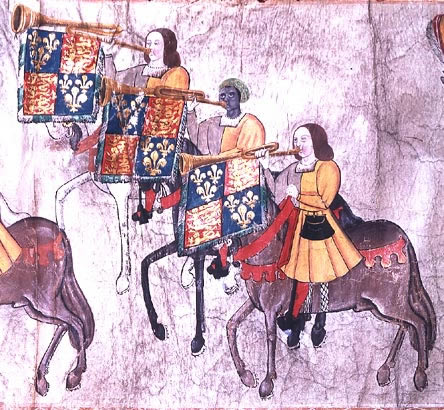
Word of the Day: Adept
Today’s word of the day, courtesy of The New York Times, is adept. Adept can be an adjective or a noun. As an adjective, it means “very skilled” (https://www.dictionary.com/browse/adept). As a noun, it means “a skilled or proficient person.” I suspect that adept as a noun is actually a substantive, but it might be made clear by looking at the etymology.
According to Etymonline, the adjective entered the language in the “1690s, ‘completely skilled, well-versed,’ from Latin adeptus ‘having reached or attained,’ past participle of adipisci ‘to come up with, arrive at,’ figuratively ‘to attain to, acquire,’ from ad ‘to’ (see ad-) + apisci ‘to grasp, attain’ (related to aptus ‘fitted,’ from PIE root *ap- (1) ‘to take, reach,’ for which see apt).” The noun, according to the website, is first seen in English in the “1660s, from Latin adeptus (adj.) ‘having attained’ (see adept (adj.)). The Latin adjective was used as a noun in this sense in Medieval Latin among alchemists. It implies natural and acquired ability, whereas expert implies more of experience and practice” (https://www.etymonline.com/word/adept#etymonline_v_5108).
Even though the word came into the language as a noun before it was borrowed as an adjective, it seems clear that the noun’s original use in English was as a substantive adjective.
On this date in 1511, King Henry VIII of England issued a challenge that would lead to a jousting tournament. The occasion was the birth of his son, Henry (1 January 1511-22 February 1511). King Henry’s challenge listed the story of the tournament and the rules: “Queen ‘Noble Renown’ of the kingdom of ‘Noble Heart’, rejoicing at the birth of the prince, had sent four knights, Ceure Loyall [Loyal Heart], Vailliaunt Desyre [Valiant Desire], Bone Voloyr [Good Will] and Joyous Panser [Happy Thoughts], to joust in England against all comers. The names of these knights came from the greatest love allegory of the Middle Ages, the Roman de la Rose, and they personify the psychological forces in the conquest of love. This was a play effectively; the parts of the knights were taken by Henry and three of his leading courtiers, Sir Thomas Knyvet, Lord William Courtenay and Sir Edward Neville” (https://thehistoryofengland.co.uk/resource/henry-viiis-westminster-tournament-1511/). King Henry himself was Sir Loyal Heart.
Henry also had a Roll of Honour completed for this tournament:
“It is a pictorial illuminated manuscript, a continuous roll approximately 60 feet long. It is a narrative of the beginning, middle and end of the tournament.
“The tournament took place over two days, and was accompanied by feasting and dancing. At the start of the tournament was a procession through the streets of London and Westminster so everyone could show themselves off in their finery; no doubt the Londoners gaped and cheered as they went past in all their glory. The king is in the centre of course, surrounded by a host of footmen, officials and dignitaries, a mace bearer, a crowd of nobles, the officers of arms and six trumpeters” (ibid.).
One of the trumpeters was a man named John Blanke. That may not be, probably was not, his real name. We know very little about John Blanke, though we do know some things. He probably came to England in the entourage of Catherine of Aragon, when she came from Spain to marry Henry’s older brother, and heir to the throne, Arthur. Arthur, of course, died before he ever had the chance to be king, and Catherine became a widow. Then, in order to cement the alliance between Spain and England, which was the reason for Catherine and Arthur’s marriage, Henry VII married Catherine to the younger brother, Henry.
He also, years later, asked Henry for a pay increase. He petitioned the king to increase it because, he said, he could not adequately support his family. Furthermore, one of the other trumpeters, who had a higher position than Blanke and was paid twice as much, had died, and Blanke felt he deserved that position and the extra money. And he won.
But what makes John Blanke unique is that he is the only person known to have been black in Tudor England. The Roll of Honour portrays him as such. There may have been a maid on Catherine’s staff who was black and was Muslim, but we have no pictures of her. The only picture we have is of John Blanke, who may also have been a Muslim, but we have no way to know.
A couple more things. If you speak Spanish, you may know that the Spanish word for white is blanca or blanco. Of course, there are many African-Americans named White, but one wonders if someone gave him that name as a bad joke.
The other thing is that, given his appearance as well as his possible religion, as a trumpeter, he must have been quite adept.
The image today is from the Roll of Honour of the 1511 tournament, featuring John Blanke (ibid).